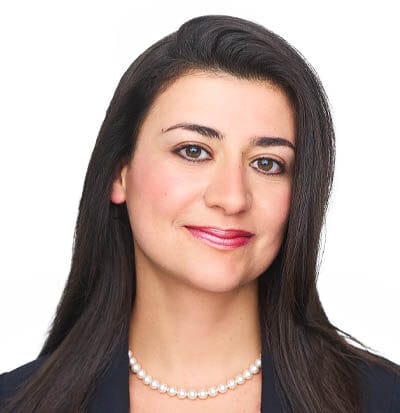In June 2017, the United States Patent and Trademark Office (“USPTO”) proposed streamlined cancellation procedures in an effort to save practitioners and trademark owners both time and money. In January 2019, that vision became a reality when the USPTO announced the launch of its Expedited Cancellation Pilot Program (the “Pilot Program”). The program—which is limited to cancellation proceedings based on abandonment or nonuse—combines the current cancellation process with existing Accelerated Case Resolution (“ACR”) procedures. Through this Pilot Program, the USPTO hopes to study how these pre-existing ACR mechanisms can help streamline cancellation proceedings.
ACR is an expedited alternative to a traditional cancellation or opposition proceeding that involves full discovery, trial, and briefing. Introduced in 2007 when the Trademark Trial and Appeal Board (TTAB) amended its rules to adopt a mandatory disclosure model similar to the one used by U.S. federal courts, ACR has not been used widely by parties in inter partes proceedings. Some of the features of the ACR model include: (i) a separate pleadings phase; (ii) a streamlined discovery phase; and (iii) a streamlined briefing phase where the TTAB treats summary judgment motion filings and accompanying evidence as the final record and briefing. The standards of proof are the same as in a traditional proceeding, and final decisions may be appealed in the same manner as non-ACR decisions. Under the Pilot Program, the TTAB will identify cancellations that may be eligible for speedier resolution under the TTAB’s existing ACR procedures. For such cases, both the Interlocutory Attorney (an attorney advisor responsible for setting the trial schedule and deadlines) and a TTAB Administrative Trademark Judge will join the parties’ discovery conference to inform the parties that their case is eligible for the use of the summary judgment ACR model. In addition to the required subjects for discussion, the discovery conferences will include discussions related to potential stipulations of fact, evidentiary stipulations, ways to limit discovery, and the possible use of the ACR model. If ACR is agreed upon, employing the procedures listed above, the TTAB will try to issue a decision within 50 days from when the case is ready for a final decision.
Note that parties may still elect to participate in the program, even if their case is not selected by the TTAB, by contacting the assigned Interlocutory Attorney to schedule a conference. While ACR is currently not mandatory, it appears that by initiating this program, the USPTO is trying to steer more parties toward these type of expedited procedures. It remains to be seen if the USPTO makes such procedures mandatory in similar proceedings pending the efficacy of this program.
The USPTO’s stated goals for the program are to measure or assess the following:
- The frequency of parties’ willingness to agree to ACR in some form.
- Concerns expressed about ACR.
- The types of ACR measures preferred.
- How effective such measures are in developing the record and issues.
- The progress and timing of ACR pilot cases.
- The rates of default judgment.
- The role of ACR in withdrawals and settlements.
In December 2018, the Board ruled on a petition for cancellation based on abandonment following expedited proceedings akin to those promulgated under the Pilot Program. TV Azteca, S.A.B. de C.V. v. Martin, Cancellation No. 92068042 (T.T.A.B. Dec. 7, 2018). Under the expedited cancellation, the parties dispensed with formal discovery. In finding that the Petitioner failed to meet its burden of proving non-use, the Board cautioned that “even in expedited proceedings, inferences must be based on proven foundational facts.” Id. This ruling indicates that without full discovery, it will be extremely difficult for parties to obtain the necessary evidence to prevail on a claim for abandonment or non-use and is something parties should bear in mind when deciding whether to participate in the Pilot Program.
This Pilot Program is part of a broader initiative by the USPTO to promote accuracy and integrity on the Trademark Register. Other efforts include: (i) random audits of post-registration maintenance / renewal filings and (ii) increased readability of use declarations. This program will continue indefinitely until “sufficient information has been collected.” The USPTO plans to eventually share the results of the Pilot Program publicly.


















































